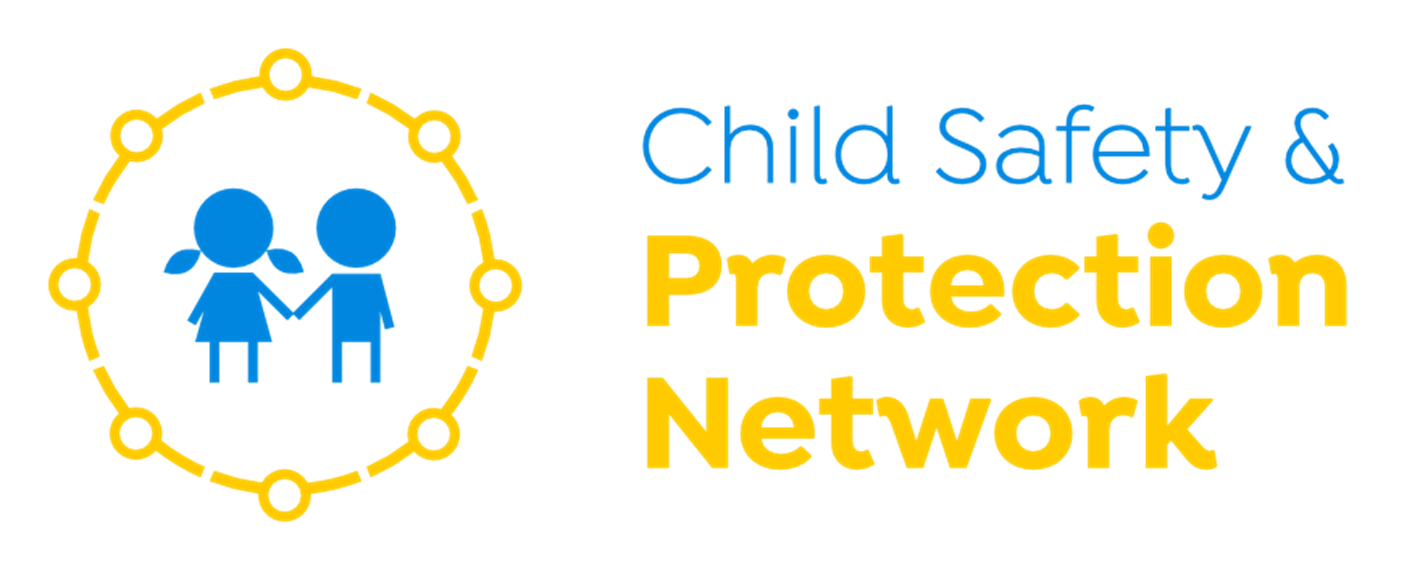Philosophy
We believe that God calls us to be creatures who communicate through language, based on His example of communicating with us through His revealed Word, the Bible. In the Bible, God employs many forms of literature, including stories and poetry, to instruct us in His character and expectations of us. Therefore we believe it is important for students to learn to communicate clearly and effectively through language, as well as to develop a love of God’s Word and an appreciation for the gifts of the spoken and written word. Students should master grammar, spelling, and other writing conventions, as well as learn how to comprehend spoken and written words, to think critically about them, and to respond clearly and thoughtfully through writing, speaking, and discussion.
Additionally, most high school literature is centered on a textbook. In contrast to that it is important to learn to love reading books in their original form to prepare students for a lifelong love of reading, as one does not go to book stores to buy textbooks, but books. It is also important for students to be able to integrate their Christian faith into everyday life by looking at important themes or issues of life and to compare and contrast them to the beliefs of the world’s great thinkers, literary authors, media and films in a continuous, natural way for lifelong learning and faithful Christian living.
Course Objectives
To gain an appreciation for reading actual books (assigned) rather than textbooks (ESLR: NLL); To gain knowledge of a wide variety of well-known authors and great writing through a study of meaningful themes. To do creative writing related to the themes, styles, genres studied and create a literary anthology (ESLR: DC). Students will regularly learn new vocabulary through making lists of unknown words they encounter in their own reading (ESLR: NLL). Students will practice writing various types of essays to improve writing (ESLR: DC) and critical thinking skills (ESLR: ET). Students will regularly read and report on magazine articles (ESLR: NLL). Students will regularly read additional books of their own choosing and report on them (ESLR: NLL). Students will view films of books or films related to unit themes to allow them to critically analyze both the literary/artistic effects of the films (ESLR: NLL,ET) as well as to apply their Christian beliefs to the films’ content and enable them to develop lifelong Christian attitudes towards media (RUC). Students will analyze themes in literature from a variety of great authors of western and near eastern nations (British, American, Russian, German, French, Arab, Jewish) (ESLR: SCW).
Time Allotment
50 minutes, 5 times weekly, 2 semesters
Resources
Large variety of entire books, short stories, movies, TV shows, magazines, computer
Course Content
- Creative Writing; Essay Writing; Vocabulary building
- Hero and the Myth: great books, stories, films and reasons for this enduring genre
- Good vs. Evil: great books, stories, films; analysis of why things are good or evil, the human condition
- Search for Meaning: great books, stories, films and an analysis of the human yearning for meaning
- Mysteries: well known mystery authors plus a look at issues of justice, guilt & innocence
Assessment
- blogs
- group projects
- book, magazine reports
- tests, quizzes, essays
- creative writing, essay writing
- public speaking




